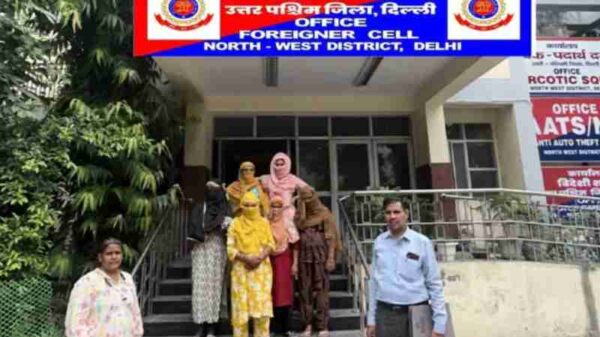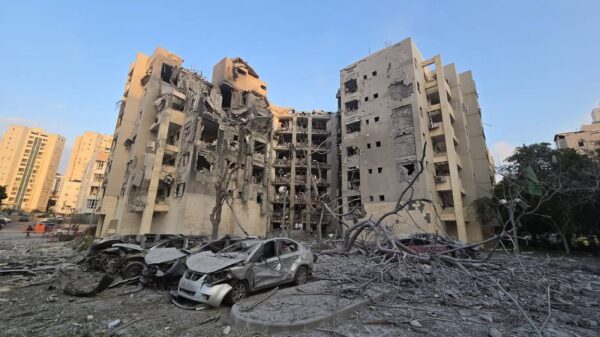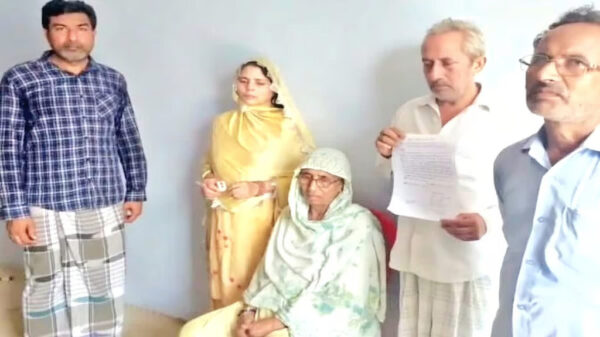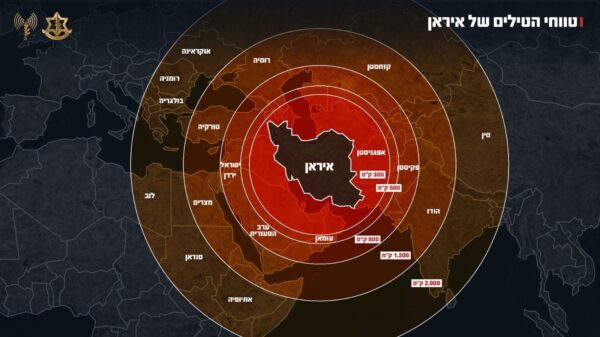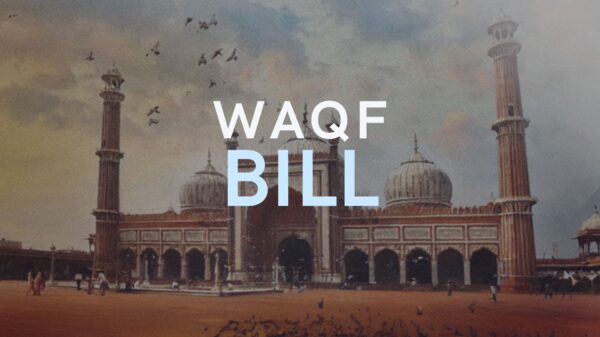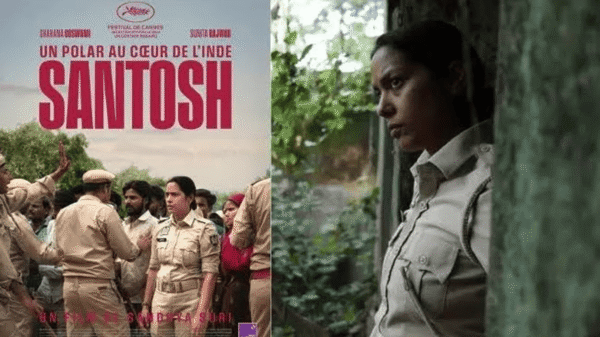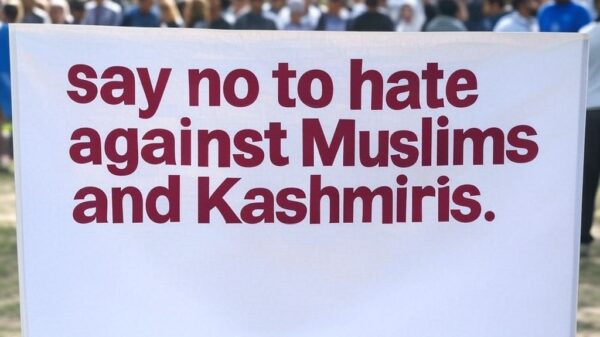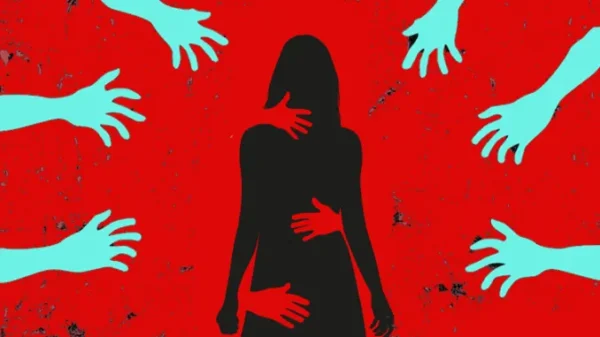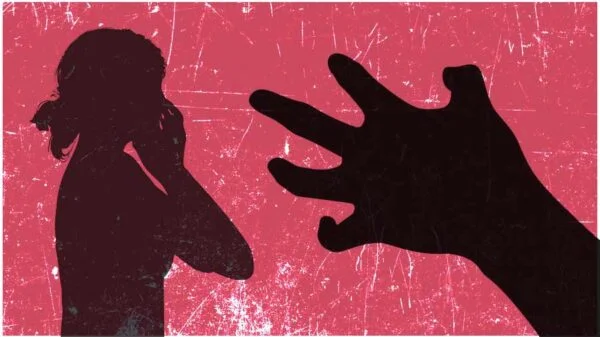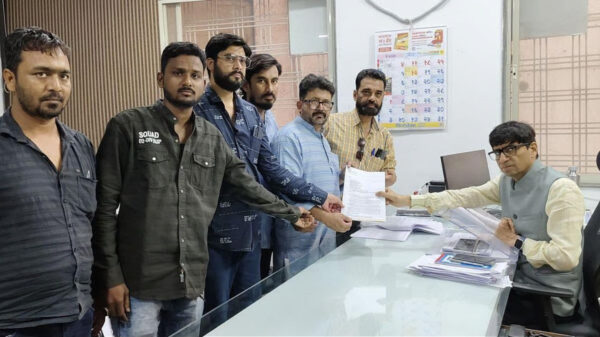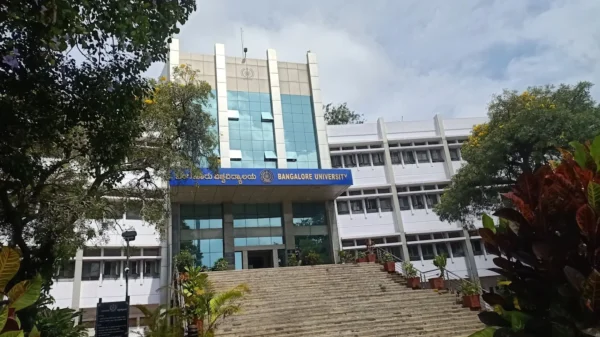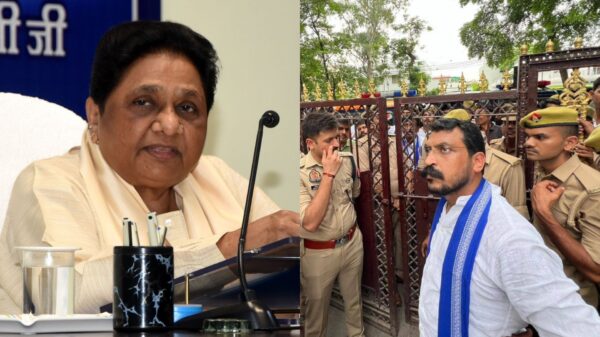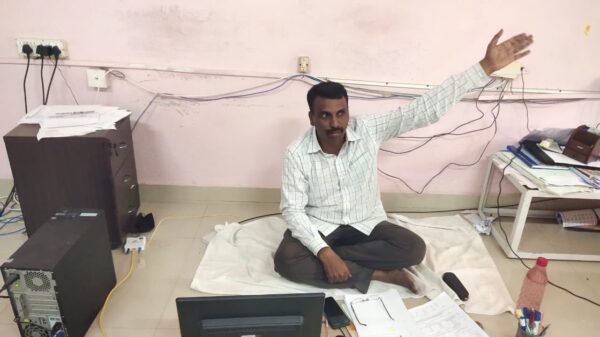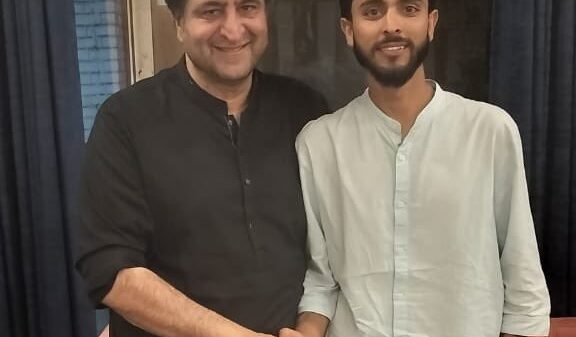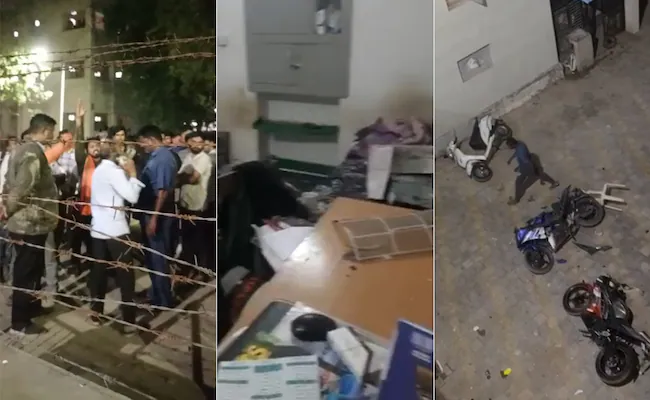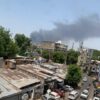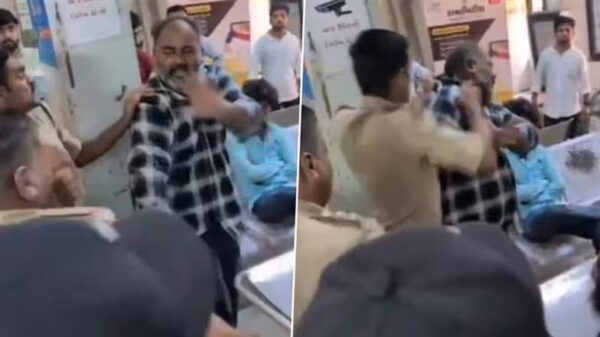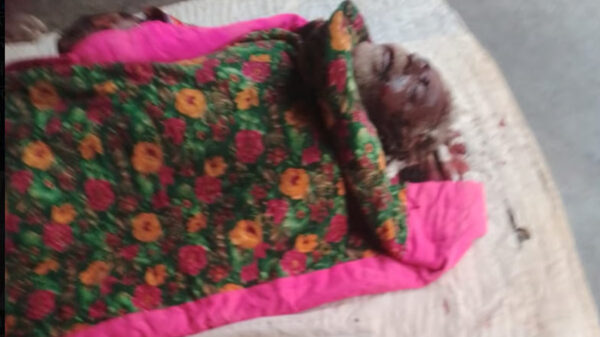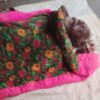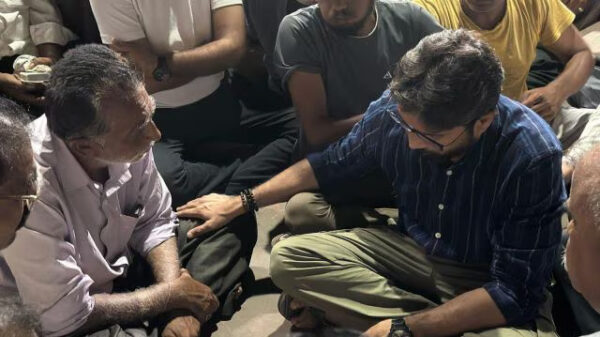In Ahmedabad, Gujarat, fear has settled over the international student community at Gujarat University following an incident where a mob of about 200 Hindutva men targeted the University’s International Students Boys Hostel.
This attack, occurring as some students were participating in the Tarawih prayers (Islamic practice of Namaz during Ramadan), has left the student body, including Muhammad Haroon, an Afghan research student, concerned about their safety and well-being in the varsity and the country.
Over a phone call on Monday night, Haroon told a Telegraph reporter “None of us feel safe. We have no food but we are too scared to go to the market.”
The 80 boarders currently residing at the hostel are required to get their food. Haroon said that like many others, he ran out of food stocks on Monday. Some who still had food shared it with others.
The assault that took place on Saturday lasted approximately 40 minutes, as described by victims and witnesses present at the scene. The attackers were donning saffron scarves and carrying weapons like knives, lathis, stones, and cricket bats.
In an interview with Maktoob, a student who was hurt in the attack said, “They came and started pushing us, asking questions like who allowed us to pray here and that they won’t let us pray inside the hostel.”
A student attested to the fact that since there isn’t a mosque on campus, students congregated in an open space on the ground floor, which was designated by university officials.
“This was the temporary solution we found to offer our prayers on time. The mosque in the town is very far away. Generally, we offer Namaz inside our room. We gathered in our hostel grounds since it was Tarawih, a special prayer that calls for Muslims to congregate in one location,” said a student.
Tarawih are special prayers offered in the congregation by Muslims during the holy month of Ramadan, once a year.
There are 12 Muslim students from Asian and African countries. Following the attack, five students sustained severe injuries and were admitted to the Sardar Vallabhbhai Patel Institute of Medical Sciences and Research Hospital.
Those admitted are Haroon from Afghanistan, Azad from Turkmenistan, and a Christian student Mario from Sri Lanka, the other two students are from African countries.
Approximately, 200 foreign students reside in varsity belonging to Asian, African, and European countries. The A – block of the dorm on the ground floor accommodates all these students.
Additionally, the students also demand their allotment in the new dormitory which was built six months ago to accommodate international students and only two students from a European country are residing there.
The administration was accused by the students of favouring them because they were Europeans.
Varsity’s Inadequate Response
In one of the videos accessed by The Observer Post, some men were seen running as the police stood right outside the gate of the hostel. In other videos, the perpetrators wearing Saffron Shawls were also seen vandalizing the vehicles parked outside the hostel, which belonged to the foreign students.
Haroon suffered a leg injury from a glass shard and contemplated desperate measures like jumping off the balcony from the second floor to escape the attack before the police arrived.
The security guard of the hostel also tried to stop the mob but failed to stop the attack. The response from the university’s administration and the police has come under scrutiny, with allegations of inaction and indifference towards the victims’ plight.
As the representative of the international students enrolled at GU, attempted to contact Dr. Jyoti, one of the administrative staff members in charge of attending to the international students in the varsity but received a different response than he had anticipated. “She said, this is not our responsibility.”
The university’s Vice-Chancellor, Dr. Neerja Gupta, in a conversation with the Indian Express, said that the act of performing Namaz alone could not have been the catalyst for such violence. Highlighting the necessity for foreign students to be culturally sensitized, particularly in the context of Gujarat’s predominantly vegetarian society, Dr. Gupta suggested that conflicts may arise from differing food practices and the disposal of non-vegetarian waste, which could lead to public disturbances.
Furthermore, Dr. Gupta pointed out the importance of integrating foreign students into the local culture and customs to foster a safer and more understanding environment for all.
The assault is not an isolated event, causing concern among foreign students across India, especially those enrolled under the ‘Study in India’ program, which aims to attract international scholars.








